Mattresses
SHOP STANDARD SIZES
SHOP STANDARD SIZES
SHOP BY TYPE
SHOP BY BRAND
RV Mattresses
Adjustable Beds
Shop By Brand
Shop By Size
Oversized Beds
- Jesse C.
Conronavirus and Sleep
The novel coronavirus, officially called SARS-Cov-2 has brought the world to a halt. As the cases of COVID-19, which is the name of the disease that SARS-CoV-2 causes, continues to rise, governments around the world have put their countries in quarantine. People have no choice but to stay at home to avoid spreading contracting COVID-19. If they do go out, it is only to do essential things, such as buying food, and they must strictly follow social distancing. Unfortunately, a consequence of these safety measures is the closure of several businesses, leaving many unemployed. This uncertainty further adds to the anxiety that COVID-19 brings.
Although COVID-19 ravages the body, the fear that it brings ravages the mind. One of the mental effects of this global health pandemic is sleep troubles. One would not think that COVID-19 and sleep would be related, but in these hard times, something as essential as sleep can help us remain healthy and keep our immune system strong.
COVID-19 and Sleep: Challenges
Hundreds of millions already suffer from insomnia, and the COVID-19 pandemic can further aggravate this sleep disorder in others, especially healthcare workers. Stress contributes to insomnia, and as of this moment, healthcare workers are overflowing with stress. Thus, the outbreak of the coronavirus and sleep deprivation are more related than you think.
Sleep Challenges Medical Staff Face
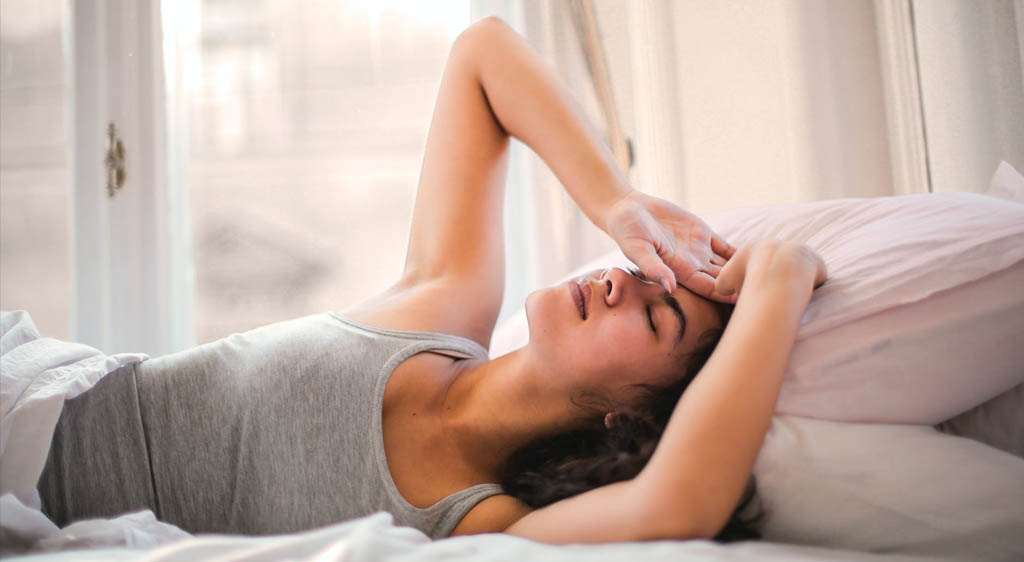
1. 36% of healthcare workers responding to COVID-19 are now suffering from insomnia.
2. The rate of insomnia now is like how it as back in the SARS-CoV outbreak, which was around 34%.
3. Factors that contribute to insomnia during the COVID-19 pandemic include:
-
- Having a lower level of education
- Working in an isolation unit
- Worrying about being infected
- Information and news about the COVID-19 pandemic
Sleep Challenges Other People Face
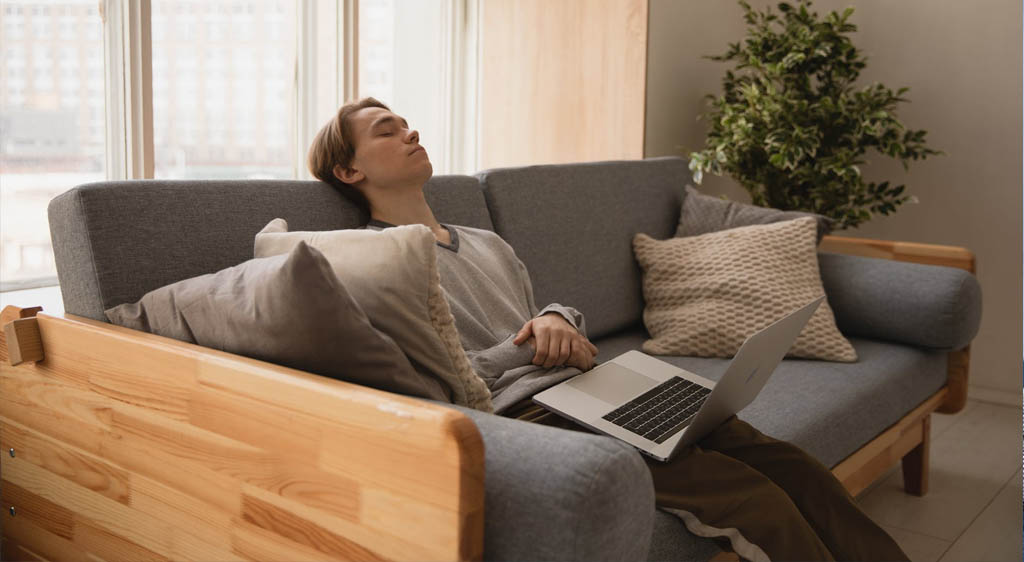
The reports have sleep problems of other citizens have risen since the pandemic began.
1. Adjusting to the new daily routines quarantine life brings.
2. Depression or loneliness due to:
-
- Canceled outdoor plans
- Separation from loved ones
- Loved ones who contracted or succumbed to COVID-19
- Excess idle time during quarantine
3. Stress due to:
-
- Challenges of working from home
- Taking care of kids who are normally in school
- Being unemployed
COVID-19 and Sleep: Importance
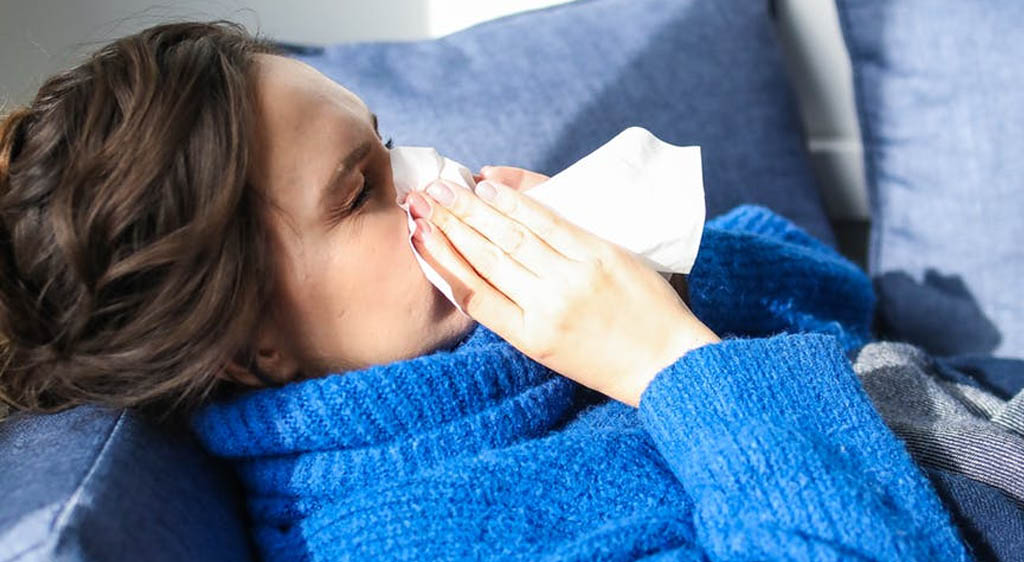
1. The immune system needs Ample sleep to remain strong. Likewise, sleep deprivation makes stresses the body and makes it more vulnerable to pathogens.
2. Ample sleep allows normal brain functions such as:
-
- Decision-making
- Memory
- Learning
3. Ample sleep maintains psychological health which can lead to:
-
- Better productivity
- Better mood
- Better energy levels
COVID-19 and Sleep: What You Can Do
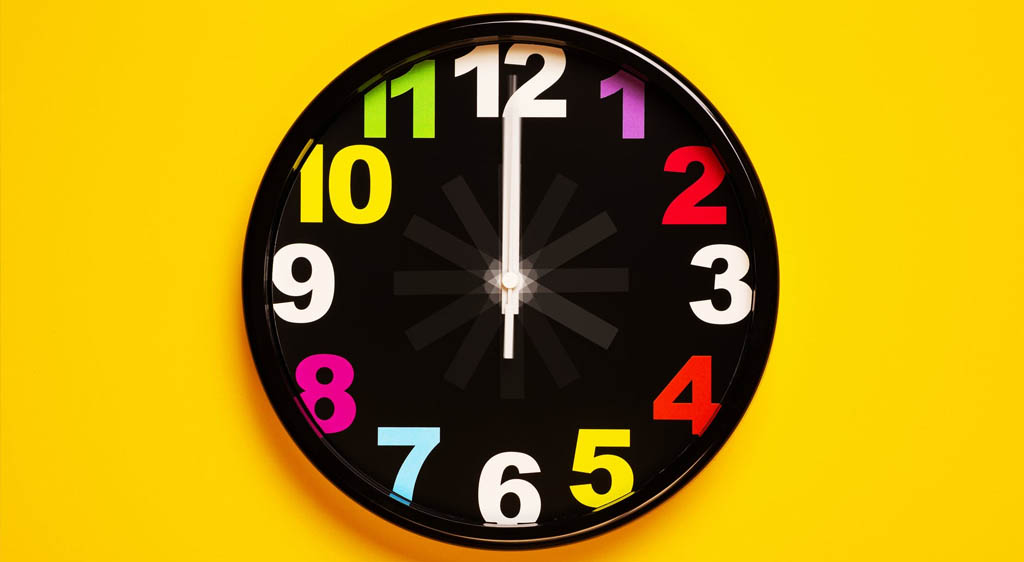
1. Limit caffeine, especially in the afternoon and night times.
2. Reduce screen time near bedtime.
-
- This step includes avoiding media exposure, especially news about the COVID-19 pandemic which may increase stress levels.
3. Go to bed and wake up at the same time every day.
4. Get sunlight exposure
-
- Take a walk around your neighborhood or even lounge in your front or back yard.
4. Remain physically active, and exercise at 2 hours or more before bed.
-
- Exercise stimulates your central nervous system and the pituitary gland to release endorphins. Endorphins can improve mood, which can relax your mind and help you fall asleep better.
- However, exercise increases the body temperature, hindering sleepiness, so it is not advisable to exercise close to bedtime.
- On the other hand, around 30 to 90 minutes after exercises, the body temperature decreases, allowing you to relax and fall asleep better.
5. Use night mode on your devices to reduce exposure to blue light.
6. Limit naps as these can disrupt your sleep pattern.
COVID-19 and Sleep: Reducing Stress to Sleep Better
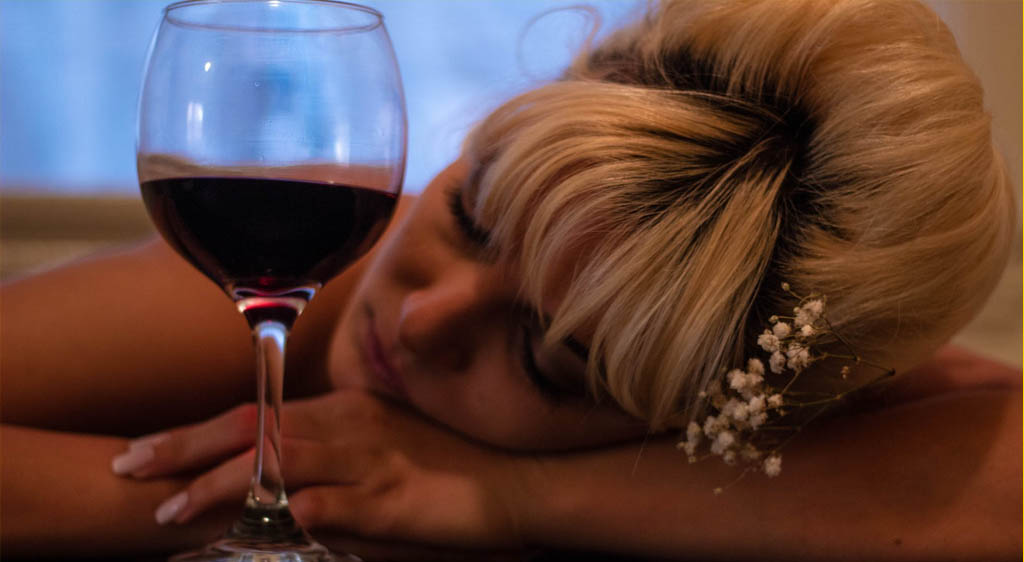
1. Continue eating a healthy diet rich in fruits, vegetables, and whole grains.
-
- The food you eat can influence your body’s stress levels and affect your sleep quality.
2. Avoid alcoholic beverages
-
- As you are stuck at home, you may be tempted to drink a little more wine or beer.
- However, although alcoholic beverages can help you fall asleep faster, they reduce rapid eye movement (REM) sleep. REM sleep is a stage in sleep where we experience vivid dreams. It is also restorative, allowing our body to rest and recover.
3. Avoid junk food
-
- During the beginning of the pandemic, people tended to stock up on food. However, people also tended to buy junk foods such as chips, sweets, and instant noodles.
- Moreover, since people are barely going out now, they tend to have fast food delivered to their homes.
- Although these foods are convenient because they need little or no preparation, they give your body no nutrients.
- Eating junk food can trigger inflammation in the body, exacerbating its stress response and weakening the immune system.
- One of the net effects of excessively consuming junk food is poor sleep quality.
4. Do not use smoking and drugs to deal with the stress.
5. If you feel overwhelmed, consult with a health worker or counselor. Prepare for such occasions by creating a plan on how to get help for physical and mental health needs. You must find new information about the pandemic, look to credible and scientific sources such as published scientific articles and websites of health institutions.
6. Consider taking relaxing pastimes like reading, art, yoga, or meditation.
7. The European Academy for Cognitive Behavioural Therapy (CBT) for Insomnia even suggests adopting feasible CBT methods and techniques at home to deal with the stress brought by the coronavirus and sleep problems.
Conclusion
One may not even consider the coronavirus and sleep being related. However, with the fear and uncertainty that this global health crisis brings, the two are more linked than you think. Many are reporting sleep problems because of the pandemic. Today, we fight both this new coronavirus and sleep deprivation.
References
Medical News Today:
https://www.medicalnewstoday.com/articles/322994
Zhang et al., 2020:
https://www.frontiersin.org/articles/10.3389/fpsyt.2020.00306/full
Smithsonian Magazine:
https://www.smithsonianmag.com/smart-news/insomnia-and-vivid-dreams-rise-pandemic-anxiety-180974726/
Time:
https://time.com/5821896/coronavirus-nightmares-dreams/
University of Chicago Medicine:
University of California:
http://www.ucihealth.org/blog/2020/04/sleep-immunity-covid
WebMD:
https://www.webmd.com/sleep-disorders/news/20130118/alcohol-sleep#1
Christ et al., 2018:
https://www.cell.com/cell/fulltext/S0092-8674(17)31493-9
St-Onge et a., 2016:
https://www.ncbi.nlm.nih.gov/pmc/articles/PMC5015038/
World Health Organization:
https://www.who.int/docs/default-source/coronaviruse/coping-with-stress.pdf?sfvrsn=9845bc3a_2
Altena et al, 2020:
https://pubmed.ncbi.nlm.nih.gov/32246787/
© 2025 Rest Right Mattress. All Rights Reserved.

